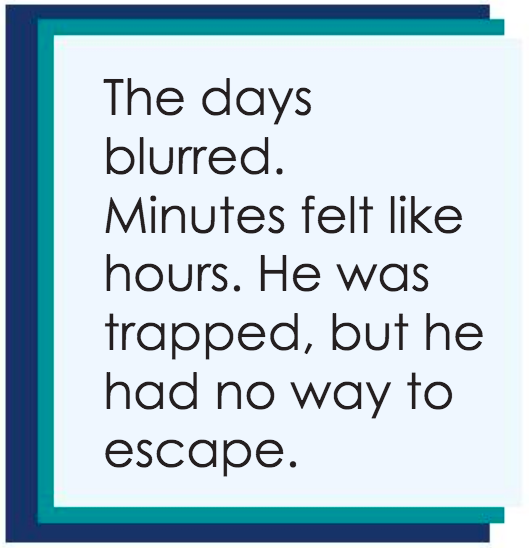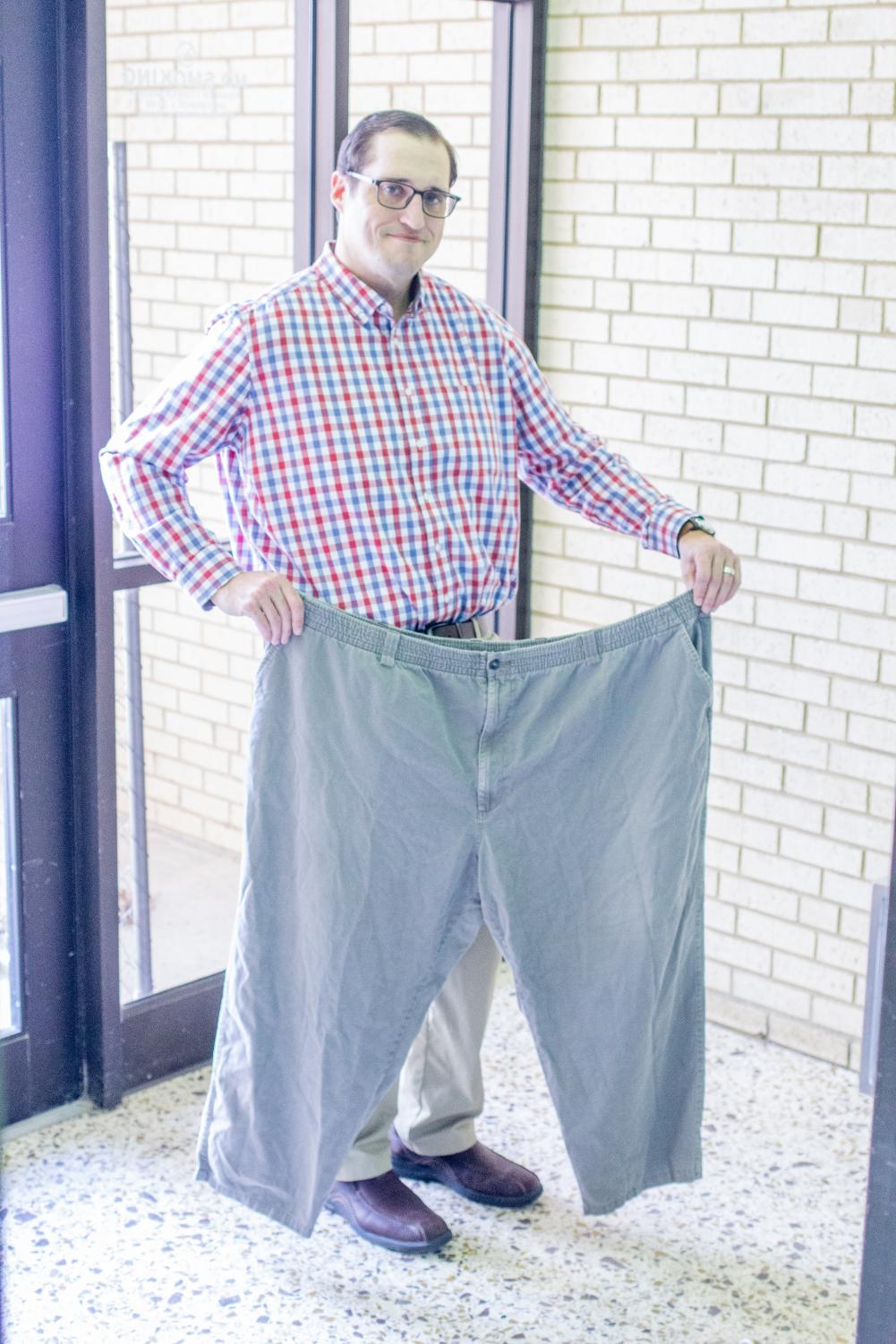Waking up
January 31, 2020

On Sept. 8, Corey finally opened his eyes for the first time in weeks, although he wasn’t aware of it. His mom just wanted to see her son’s eyes again. He had a tracheostomy a few days later. His earliest memories are a week later on Sept. 15.
“Even though he couldn’t talk, we were able to communicate pretty clearly and I was laughing and joking with him,” Casey said. “It was just so good to see his eyes open and him look you in the eyes again.”
When Corey awoke, he recognized his mom but didn’t know why she was there or where he was. His family was overjoyed to finally see him awake, but he was miserable. They were the ones who waited for weeks, unsure if he’d make it through each night. Since August, Casey and their dad had been driving in from Arkansas every weekend. Their mom uprooted her life to move to Texas and stay with him, and she wouldn’t leave his side until he was able to go home.
Corey, however, didn’t know how close he was to death. He just woke up to weeks of his life missing and a body that no longer worked — he lost so much muscle mass and weight during the coma that he could barely lift his head off the pillow.
With time, Corey’s mom explained everything that had happened. Even when he was able to start processing what was being said, Corey was unable to talk due to the tracheostomy. His mind raced with countless questions about what was yet to come.
Will I ever walk again? Will I ever talk again? Will I sing again? Will I get to stand up and teach a class again? Who’s with my students? What’s the newspaper staff doing?
But he couldn’t ask her because of the hole in his throat.
“I’m just trapped inside my own brain,” Corey said. “I can’t ask those questions, and nobody knows those are the questions that are on my mind. I just remember her telling me all this, and me just rolling and turning my head the other way. I just wanted to go back to sleep.”
The ventilator was unhooked and completely removed from his room on Sept. 18. Though most people are only on one for a few days, he’d had to stay on it for almost a month.
Even after the initial effects of the coma wore off, Corey was still stuck in a battle against his own mind. He was in the ICU for almost a month with beeping machines, white walls and lights that never turned off. An automatic blood pressure cuff tightened and released around his arm around the clock.
People rarely stay that long in intensive care. The days blurred. Minutes felt like hours. He was trapped, but he had no way to escape. Corey used to turn to food to cope, but he couldn’t keep up the same unhealthy habits after surgery.
“It was hard and it was slow and I wasn’t the best patient,” Corey said. “I was really angry… It was tough because I didn’t really have any way to express it.”
Anybody who knows him knows he loves to talk and ask questions. Teaching journalism was his life. But nobody knew if he would ever be that person again. The weeks of lying unconscious in a hospital bed left his mind hazy. He was easily confused and overwhelmed.
If Corey closed his eyes for what felt like a second, he had vivid hallucinations. When he opened them, everyone was still there.
“I was trying to cope with some of the weird things that happened in the ICU,” Corey said. “It was super vivid and then once they moved me out of the ICU, I didn’t even remember a single dream that I had.”

Corey faced near fatal complications after his surgery in 2012, but he doesn’t regret it. Before, he used to wear size 5XL clothes, but the procedure allowed him to lose enough weight to wear XL.
One of the few things that brought Corey comfort was watching the Weather Channel. His family tried to get him to watch the presidential debates or football, things he used to love. Corey refused. It was all too much, but he could deal with the weather.
“It just let me have something steady and normal,” Corey said. “I kept hoping that they’d take me outside at some point.”
Corey felt helpless. The first day he tried to sit on the edge of his bed, he couldn’t hold himself up.
“It was just the cross between humbling and humiliating,” Corey said. “It definitely stripped me of any kind of pride that I had.”
Corey spent a month relearning to sit in a chair. To stand. To walk with a walker.
He hit a milestone when he took 25 steps without a walker. That afternoon, 477.
“A wise person told me, ‘They will fix your body, but they won’t fix the things inside you that will lead you to do this to yourself. You’re going to have to find different ways to deal with those emotions,’” Corey said. “That was one of the truest things that anybody’s ever said to me.”
As he recovered, the Lewisville community rallied behind him and hosted a spaghetti dinner fundraiser to help with Corey’s medical bills. Even people who normally didn’t get involved with similar events showed up to donate. To Smith, it was like watching a family come together to help one of their own.
“It just warms your heart,” Smith said. “You hate to see somebody go through struggles, but then it also reinforces your belief in mankind. When somebody is in a bad spot, everybody on the team pulls together and helps anywhere they can.”
In late October, Corey was finally able to go home. Only months ago, Corey had been sitting on the side of the road, his pain making the trip seem impossible. Now, he could drive himself home.